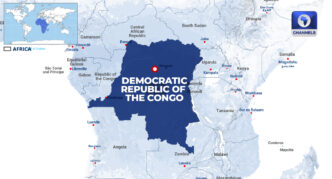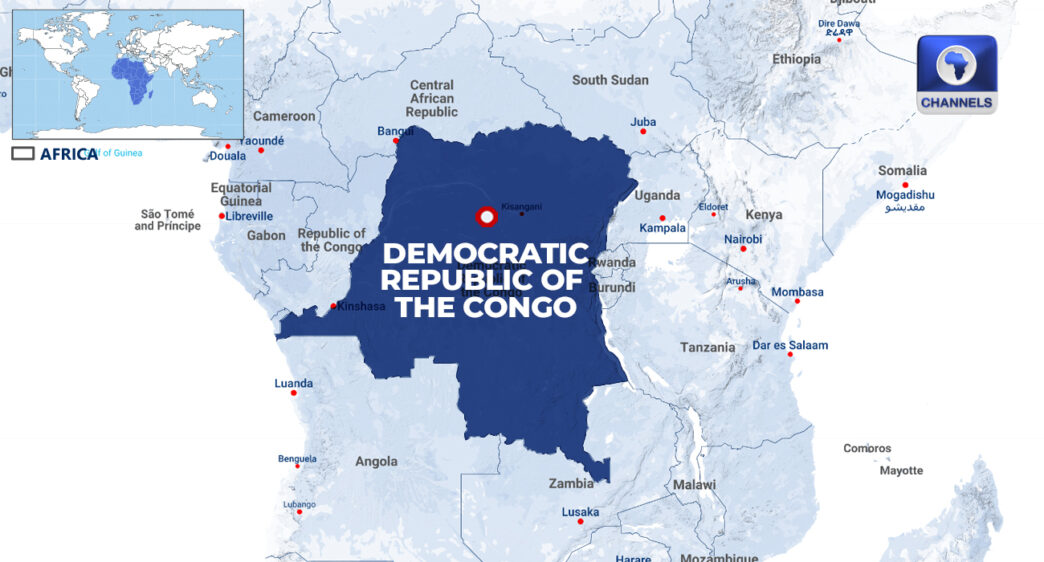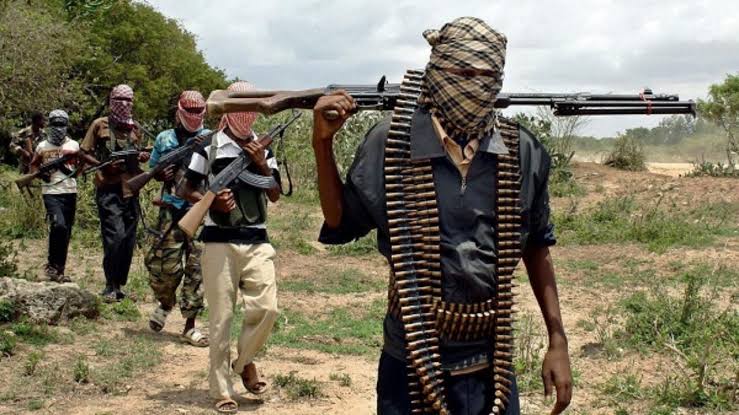A deadly collapse at a cobalt mining site in southeastern Democratic Republic of Congo has killed at least 32 informal miners.
Gatekeepers News reports that this was disclosed in a statement released on Sunday by Roy Kaumba Mayonde, Lualaba province’s interior minister.
He said the bodies were recovered after a makeshift bridge gave way on Saturday, falling into a flooded section of the Kalando mine. Search efforts are continuing as more individuals are feared trapped.
The incident occurred about 42 kilometres from Kolwezi, the provincial capital. Authorities explained that the area had been closed due to heavy rainfall and the danger of landslides, but large groups of wildcat miners still entered the quarry. Mayonde noted that the pressure of miners crowding onto the temporary bridge caused it to collapse.
The Democratic Republic of Congo supplies over 70 percent of the world’s cobalt, a mineral widely used in batteries for electric vehicles, laptops, and mobile phones. Despite restrictions, more than 200,000 people are believed to work in illegal mining sites across the country, often in unsafe and unregulated conditions.
A report from SAEMAPE, the government agency that oversees and supports mining cooperatives, said the presence of soldiers at Kalando shortly before the incident triggered panic among miners. The report described the collapse as the result of large numbers of people falling into the trench and landing on top of one another.
Images shared with AFP by the National Human Rights Commission’s provincial office showed workers retrieving bodies from the waterlogged pit, with several corpses placed on the ground nearby.
Arthur Kabulo, the commission’s coordinator in the province, said more than 10,000 wildcat miners typically operate at the site. Authorities have now halted activities there.
The tragic event highlights long-standing concerns surrounding cobalt extraction in the DRC, including hazardous working conditions, corruption, and allegations of child labour. The country’s mineral resources have also fuelled decades of conflict, particularly in the eastern region.











